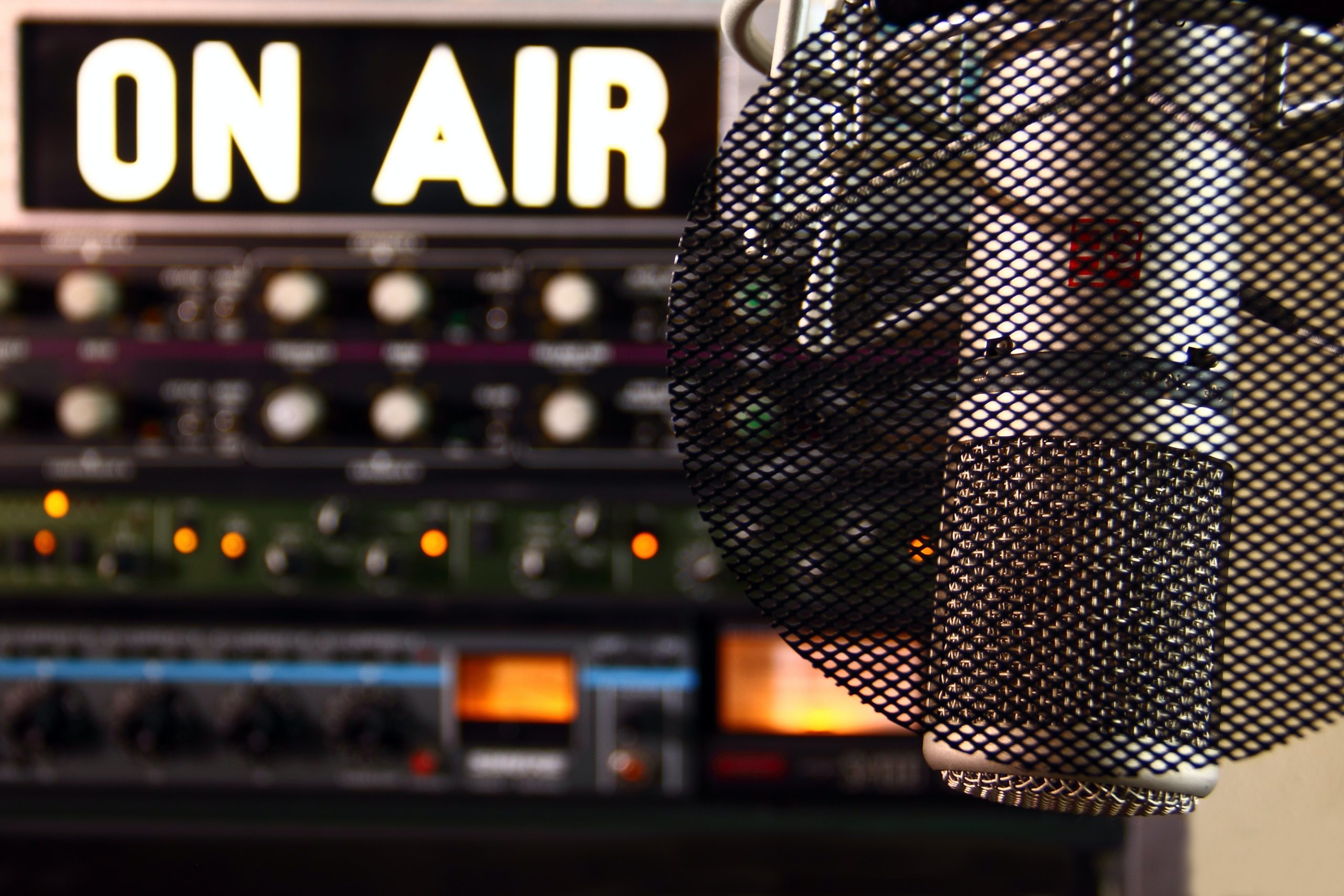We all have to start somewhere, right? Your favorite rapper, the greatest singers – they all
began their careers as independent artists (well, the majority of them at least…).
Nowadays there are more radio options than ever before: from traditional terrestrial radio and satellite programs to the recent boom of online services. This opens up countless ways for independent artists to get their music on the radio. Here I will provide you with the information you need to get your music on the airwaves.
The Essentials: Music & Paperwork
First, and most importantly, make sure you have acceptable music and your documents in order. By acceptable music, I mean a professionally mixed and mastered track. That’s the foundation. Once that’s done make sure your paperwork is in order by taking care of the following:
- Copyright protection
- Registration with a PRO (Performing Rights Organization) – ASCAP, BMI, SESAC
- Sound Exchange – Allows you to collect international royalties
- Register With Luminate – Tracks your song sells, downloads, streams, and airplay
- Mediabase – Monitors radio airplay
Don’t skip taking care of the above. Those are some major things independent artist often fall short of and do not complete. Now that we’ve got the hard part out of the way, let’s get to the fun stuff!
Radio Approach: Dig Local, Target Independently
Now that your music is mixed and mastered and your paperwork is in order, what now? Start local. Do your research to see what stations are on the dial in your area. Be sure to include FM and AM stations.
Listen to their programming, and see if their genres align with yours. Search social media and the world wide web for online programming – they’re often more open to independent artists as their program directors and personalities may not be associated with FM or AM stations..
Independent artist should target independent stations including college and online radio stations. AM stations seems to have more freedom with music placement and airplay. If a FM station features college radio, they are most likely controlled by corporations with huge sponsors. Online stations which have taken off over the past decade are very important for the independent artist scene. These online stations are not controlled by the masses so they ARE NOT obligated to playing whats on the Billboard Top 40 Charts. Another place to check in your area are member funded radio stations. These stations highlight the underground scene and have specialty programming.

Point of Contact: Reaching the Decision Maker Many stations list a contact number and/or email address on their website and social media pages. Ideally, the person in charge are program directors. They decide what gets played over the airwaves. In other instances, the disc jockeys or radio personalities at the station have control over their playlists. Always go directly to the source (if you can get in contact with them) to get your music on the radio.
Music Submission Guidelines
Getting your song in the hands of the person who plays the music puts you one step closer to getting your music out to the listening public. When submitting your music it should be included as part of an EPK (electronic press kit) and contain the following.
- Artist Name
- Bio
- Promotional Photos
- Title of Song(s) – whether an album, EP, or single (usually a single)
- Song – Album Version; Radio Edit Clean Version, Instrumental, A Capella
- Contact information (artist, manager, or whoever handles artist affairs) [Includes phone numbers; email address; website; social media platform links, etc.]
Digital submissions is now the new norm. Music is sent via email with MP3/WAV; MP4/Video;
Remember, when sending the music make sure your songs are labeled correctly, using metadata. Labeling songs is crucial to getting your spins tracked in order to receive royalties.
Beyond the Pitch: Performance & Self-Promotion
While digital submissions are important, don’t neglect the power of live performance. Build a local
fanbase by playing gigs at clubs and showcases. Become a regular at these venues. DJs and radio personalities frequent such venues, and who knows, you might just catch their attention. They are always looking for the hottest act for radio airplay. Also, consider a national DJ coalition like the Fleet DJs. The Fleet DJs can help you get your music exposed worldwide. Finally, consider creating your own online radio station and be in control of your own destiny. It’s an excellent way to get your music exposure and reach your target audience.
Staying Ahead of the Curve
Things move fast in the music world, so staying informed is key. By 2027, some of these
strategies might need revising. But for now, they offer independent artists a valuable toolkit for
navigating the radio landscape. Get your music out there, spins or spend, and make your mark in the music industry today!